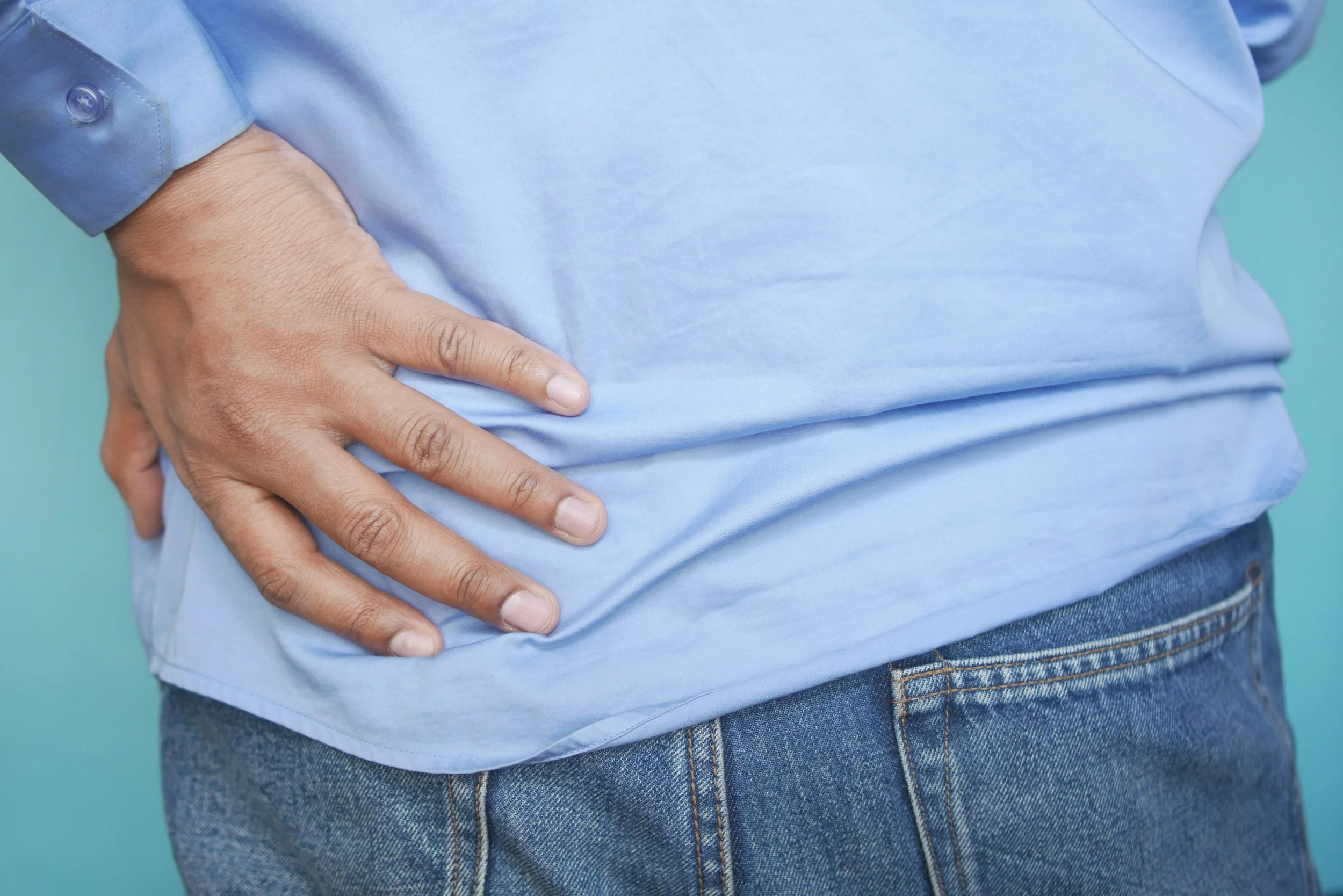Managing Hip Pain to Sleep
Few things can make it really difficult to sleep. Muscle and body pain are some of the worst things to manage while trying to get quality sleep. Although back and neck pain often steals the spotlight, hip pain is definitely worth discussing.
Hip pain often doesn’t get much attention because it is experienced by older people. About 14% of people over the age of 60 experience significant hip pain on most days. But everyone deserves to sleep soundly, regardless of their age.
What can cause hip pain
Hip pain is such a generic term that can encompass many different types of pain. Hip pain can be caused by general aches to more severe medical conditions including:
Osteoarthritis
Hip impingements
Soft tissue injury
Joint wear
Nerve pain
Your age, activity practices and lifestyle can give an indication on what could be causing your hip pain. Suddenly increasing exercise or injury could cause temporary discomfort or pain.
If you’re not sure what could be causing your hip pain and it persists, call your doctor.
Stiff hips could be another cause of hip pain. If you don’t stretch and exercise your hips, sitting for long periods of time or engaging in different movements could cause pain.
Impact of hip pain on daily life
Hip pain can be a big hindrance in your daily life. Hip pain can make it painful to do simple things like walk, climb steps and drive.Your balance can be impaired. Even sitting for a long period of time could be painful. In some cases, his pain can make it hard to sleep.
Like most pain in the body, you need to take it seriously if you’re not sure what caused it.
Stiff hips can make it hard to stretch, lift and move like normal.
Manage and improve hip pain during the day
Hip pain from an illness or injury should be managed as agreed on by you and your doctor. Medication and/or physical therapy can help manage hip pain and reduce symptoms.
Stretching, walking around, not sitting for too long and wearing proper shoes while you walk can help ease hip pain.
How to be proactive about hip health
Just because hip pain is more common in older people doesn't mean you can’t make changes now to upkeep your hip health.
These three tips are the best ones out there for keeping your hips happy.
1. Watch your weight
Excess weight puts added pressure on your joints – hips included. Maintaining overall health will help peak your bones, joints and hips functioning well your whole life.
2. Take care of your body as a whole
As we’ve often talked about on this blog, your body is built up of complicated systems that interact with each other and impact each other. If you want to take care of one part of your body, take care of the whole thing. Eating properly, staying hydrated, exercising and sleeping well will play a role in hip health.
3. Stretching and strengthening
Consistent exercise to strengthen bones and muscle tissue will help maintain the area around your hips. Stretching keeps them flexible and rotating properly to prevent injury.
Hip pain and sleep
Your hips can shift and move with other movements in your body. Your feet, back, neck and arms all end up pulling and moving your hips. Because of this, hip pain is similar to back pain in that it can really ruin your sleep quality.
Plus, we know that sleep is super important to heal the body. So less sleep means less healing time which leads to longer lengths of pain and injury.
Ease hip pain before sleep
To sleep with hip pain, try these tips.
1. Heat
Heat is a natural aid to relax muscles and any tightness. Using a hot water bottle or heating pad on your hips can release some tension to make sleep more comfortable.
2. Stretching
Light stretching, depending on your hip pain and medical situation, can release tension and ease hip pain before sleep. Plus, repetitive stretching can improve flexibility and overall hip health. The butterfly stretch is a good one for this. Just make sure not to push yourself too hard.
3. Medication
Many people don’t want to, or can’t use medication for pain management. For severe hip injuries or pain, your doctor may recommend you use medication to help you fall asleep and stay rested, especially if your pain makes it impossible for you to sleep.
No one knows the best pain management option for you BUT you. If you’re unsure about medication, consult your doctor.
Best sleep positions for hip pain
The best sleep position for hip pain is on your side or back with the support of a pillow.
If you’re sleeping on your side, place a pillow between your knees to keep hips stacked. If you sleep on your back, place a soft and thin pillow under your hips to help keep them stable and supported.
Pillows are a great tool to provide added support on pain areas on your body. Other places that you can use a pillow are:
Under the knees
Under the feet
Behind your lower back
Body pillows and down-filled pillows can be super soft and bendable to get you support where you need it!
Reducing hip pain and sleeping at night
Play around with your sleep position and find the best position for you. Take care of your body as a whole and your hips will thank you!


